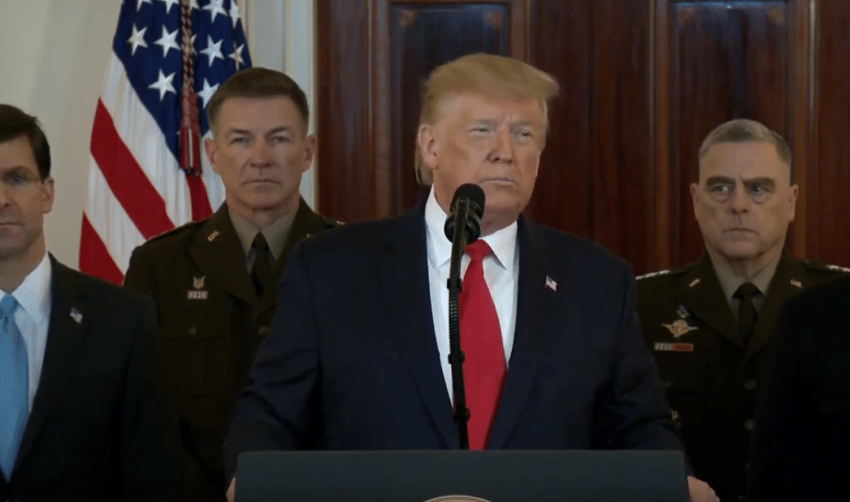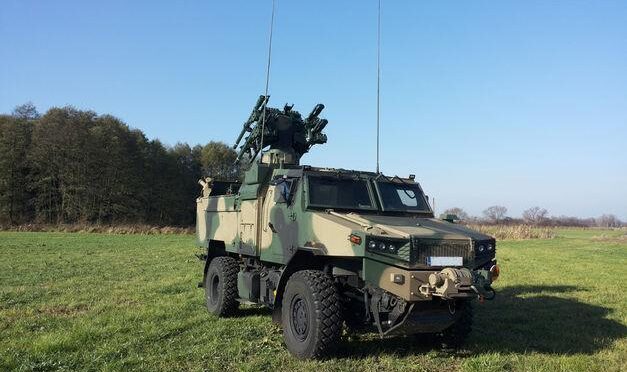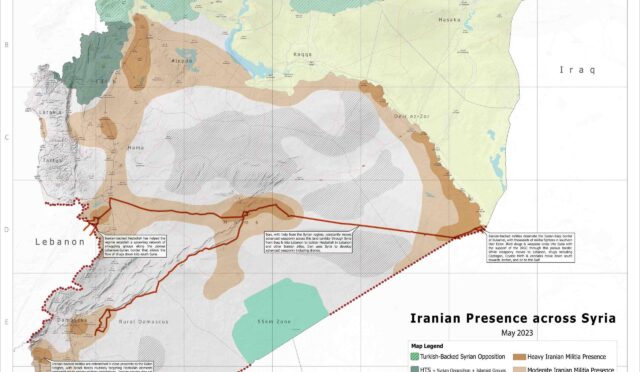Trump’s Deliberation on Military Action Against Iran
In a significant statement earlier this week, President Donald Trump revealed that he is contemplating whether to authorize military strikes against Iran, aligning with Israel’s recent military efforts. Speaking to reporters during an event at the White House, he suggested that Iran is now eager for negotiations, but their window of opportunity may have closed. Despite the weight of this decision, Trump emphasized the uncertainty surrounding his eventual course of action, stating, “I may do it, I may not do it. Nobody knows what I’m going to do.”
Trump convened his national security team for the second time in two days, intensifying speculation regarding a possible military directive. He expressed that the coming week would be crucial in determining Iran’s future interactions with the United States. This comes as tensions rise following Iran’s Supreme Leader, Ayatollah Ali Khamenei’s dismissal of Trump’s demands for unconditional surrender, warning that U.S. intervention could lead to severe repercussions.
Iran’s Response and U.S. Strategy
In response to increasing tensions, Trump reiterated to the press that Iran’s leadership could face a significant shift. Although acknowledging that he contemplated military options, he remains cautious and has yet to reach a definitive conclusion. Trump added, “I have ideas as to what to do, but I haven’t made a final decision. I prefer to conclude these decisions right at the deadline, as circumstances can evolve rapidly, particularly in the context of warfare.”
Reports suggest that Trump had indeed sanctioned military attack plans against Iran but opted to hold off while assessing Iran’s willingness to abandon its nuclear ambitions. A White House official confirmed, “All options are on the table,” amidst ongoing discussions between U.S. Secretary of State Marco Rubio and British Foreign Secretary David Lammy, which are expected to cover Iran’s nuclear issue.
Diplomatic Considerations Amidst Military Threats
Trump’s careful approach towards Iran appears to have shifted since Israel’s recent military operations against Tehran. Initially inclined towards a diplomatic resolution to Iran’s nuclear program—aiming to craft a new agreement in place of the one he withdrew from in 2018—Trump now finds himself supporting Israel more decisively. He indicated that Iran is reportedly on the verge of acquiring nuclear weapons capability, a situation that has prompted him to consider the implications of military action.
During his remarks, Trump stated that the U.S. possesses unique weaponry capable of targeting key Iranian nuclear sites, yet he remained non-committal regarding any immediate action. He said, “We have the ‘bunker buster’ bombs that could take out Iran’s Fordow facility, but that doesn’t mean I’m going to do it.” Trump’s directives to Netanyahu to continue military efforts against Iran underscore his alignment with Israel, even as he hesitates on his own military response.
International Dynamics and Regional Stability
Despite escalating pressures, Trump has declined offers from Russian President Vladimir Putin to mediate between Israel and Iran. His rationale highlights ongoing concerns about Russia’s own military engagement in Ukraine, suggesting that international disputes should be addressed in their respective contexts first. Trump recounted their conversation, saying, “I told him to focus on mediating the Russia situation before concerning himself with ours.”
As the situation unfolds, the White House continues to manage a delicate balance between diplomatic outreach and military readiness. With Iran denying any recent overtures to negotiate directly with the U.S., asserting that no officials would “grovel at the gates of the White House,” the complexities of impending decisions loom large over both Iranian and American leadership.







